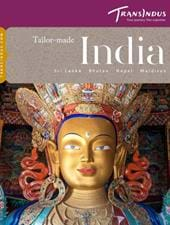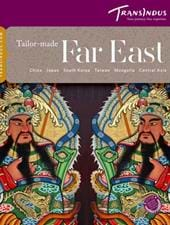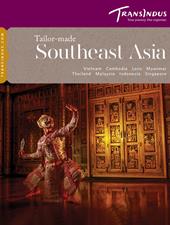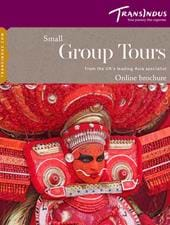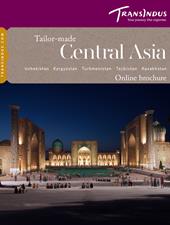Wander into the fields around Pushkar before dawn and you’ll see dozens of families plucking roses in the shadow of Nag Pahar mountain. The picking has to be done this early to catch the flowers before the buds open in order to preserve their heavenly aroma.
Roses are the preferred offering at the Dargah, or ‘Tomb’ of the Sufi Saint Khawaja Moin Uddin Chishti in nearby Ajmer, and every day hundreds of kilos of them are transferred from the predominantly Hindu farms around Pushkar to the Muslim markets of the adjacent city, where they are piled into circular baskets for sale at the stalls flanking the entrance to the holy shrine.
The ancient trade has been going on since the arrival of the Chishti Sufi missionaries in India in the 11th century. Roses have been sacred in Persian tradition for millennia and the custom of offering them at the saint’s tomb forms a tangible link with the roots of Indo-Muslim culture in distant Iran and Afghanistan.
Your TransIndus guide will be able to show you to the fields where the flowers are picked, and you’ll be welcome to join the villagers at work as they and their children fill large cotton wraps before soaking the roses in streams and loading on to motorbikes – a delightfully fragrant experience!
Video Inspiration
Follow Pushkar’s Rose Trail in our two-minute video tracing the journey of roses from the lakeside to the Dargah in Ajmer.
Recommended Accommodation in Pushkar
if you're planning a visit to Pushkar, we recommend staying at the Pushkar Palace or The Greenhouse.


